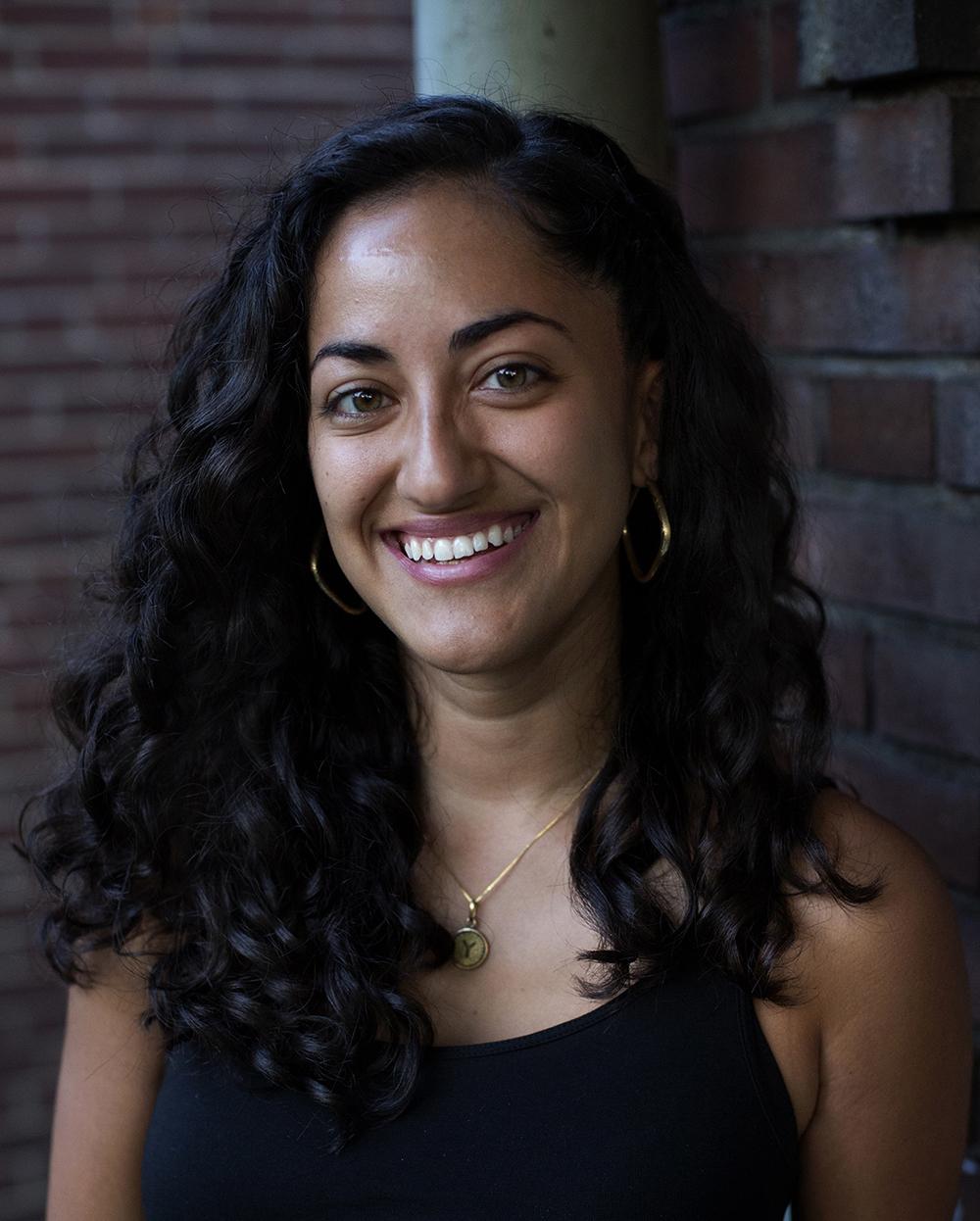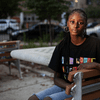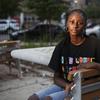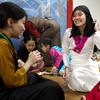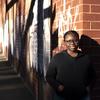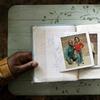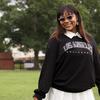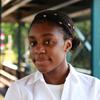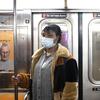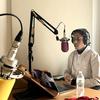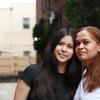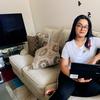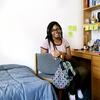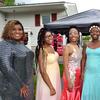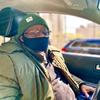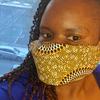Carolina Hidalgo is the senior producer for Radio Rookies, WNYC’s award-winning youth radio program, where she works with teens and young adults to report personal stories about their lives and communities.
Carolina joined WNYC after covering justice reform, social movements and the aftermath of the uprising in Ferguson at St. Louis Public Radio. While there, she also photographed daily life and developed the station’s visual voice as its first staff photojournalist. In 2020, Carolina received a Third Coast International Audio Festival award for a 70 Million podcast episode she reported and produced about the fight to shut down a notorious St. Louis jail.
Previously, Carolina worked as a staff photographer at the Naples Daily News and the Tampa Bay Times. In 2018, she was named one of The Lit List’s “30 photographers to watch.” She has also reported from the United States-Mexico border as an International Women’s Media Foundation fellow and has taught at the Craig Newmark Graduate School of Journalism. Carolina grew up in Queens and lives in her home borough.
Carolina Hidalgo appears in the following:
Why NYC’s Move to Privatize Public Housing Could Impact the Rest of the Country
Monday, December 18, 2023
Radio Rookies 2023: Changes Coming to Public Housing
Friday, September 15, 2023
A Bronx teen grapples with a controversial plan for NYCHA apartments
Friday, September 15, 2023

Radio Rookies 2023: Learning What it Means to be Tibetan
Thursday, September 14, 2023
A first-generation Tibetan in Queens finds her way home
Thursday, September 14, 2023

Radio Rookies 2023: Gentrification Comes to The Bronx
Wednesday, September 13, 2023
As the Bronx gentrifies, teens lose sense of stability and belonging
Monday, September 11, 2023

Half of My Parents, All of Me
Wednesday, August 31, 2022
A journey to reconnect with an incarcerated father
Friday, April 08, 2022

Imagining a world without police
Thursday, April 07, 2022

Taking a restorative approach to youth justice
Wednesday, April 06, 2022

Finding ways to feel safe as a young Black girl in America
Tuesday, April 05, 2022

How a secretive police database affects young Black and brown men
Monday, April 04, 2022

Our Feelings Are Not Our Fault: How Science Can Explain Our Emotions
Wednesday, July 14, 2021

WNYC Announces the New Class of Radio Rookies
Tuesday, July 06, 2021

A student’s perspective on the first week of school
Friday, September 25, 2020

From Quarantine at NYU, a Freshman Waits to Start the Next Chapter
Monday, August 31, 2020

Expecting the Unexpected: Graduating High School During a Pandemic
Sunday, June 21, 2020

